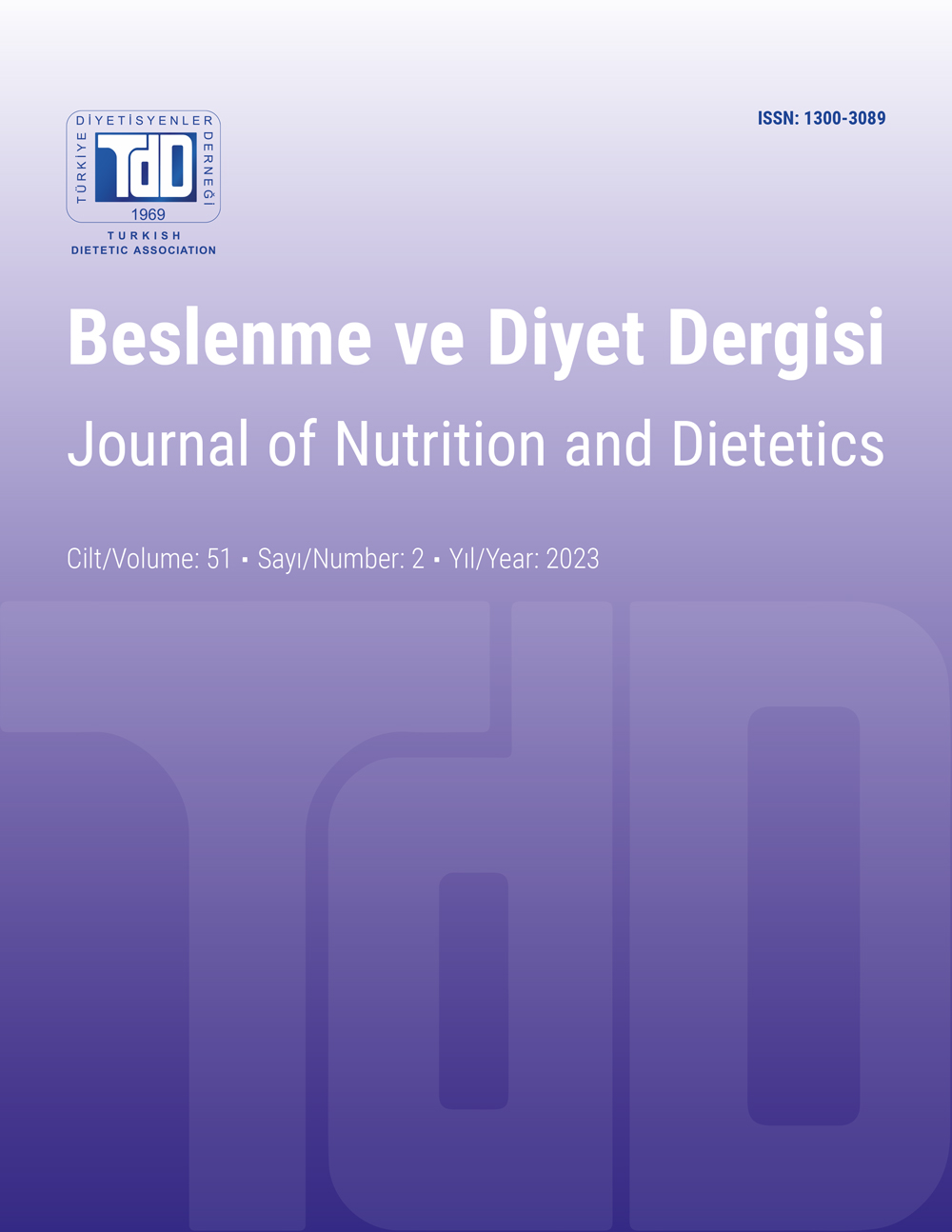Determination of Iodine Content of Milk and Dairy Products in Turkey
DOI:
https://doi.org/10.33076/2023.BDD.1758Keywords:
ICP-MS, iodine, milk, dairy productsAbstract
Aim: To determine the iodine content of milk and dairy products in Turkey and to determine their iodine content according to the brand, season, oil content and processing feature.
Materials and Methods: In this study, a total of six different cow’s milk and 10 different dairy products samples produced as full-fat, semi-skimmed and skimmed milk were included in the study. Conventional milk samples were taken from two different producers in Trabzon, Turkey, in two different seasonal periods (October-November and April-May) with the feed used in animal feeding. Yogurt, white cheese and butter made from the same milk were also analyzed. inductively coupled plasma mass spectrometry (ICP-MS) device was used for iodine analysis.
Results: Although the iodine content of the semi-skimmed milks included in the study was higher than the whole milk and skim milk, the differences between the average iodine contents between semi-skimmed milk and skimmed milk were statistically significant (p<0.05). Although the iodine content increased as the fat content of yogurt increased, the difference was not statistically significant (p>0.05). The average iodine content of the milk prepared according to the ultra-high temperature method was statistically significantly higher than the pasteurization and boiling method (p<0.01). The iodine content of the milk obtained in October-November was statistically significantly higher than the iodine content of the milk produced in April-May (p<0.001). While iodine in 100 grams of yoghurt and white cheese samples obtained from milk in October-November period is 20.1±7.2 mcg and 18.7±1.7 mcg, respectively, it is 11.8±0.3 mcg and 21.8±0.2 mcg in April-May period, and the difference is statistically significant (p<0.05).
Conclusion: The iodine content of milk obtained by boiling and dairy products obtained from milk contain lower iodine than other methods. There is a need for more comprehensive studies with larger sample numbers to determine the iodine content of milk and dairy products in Turkey.

